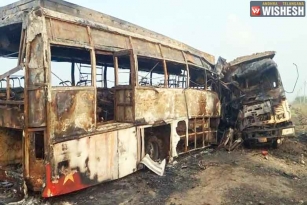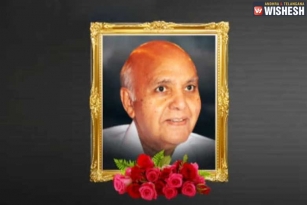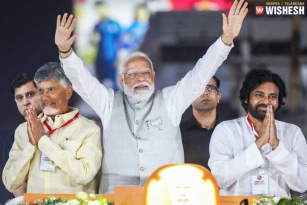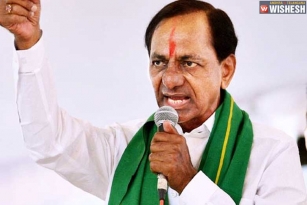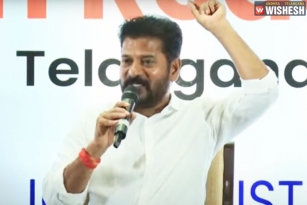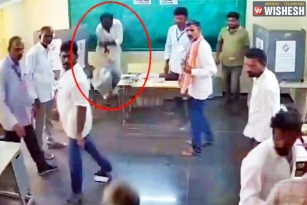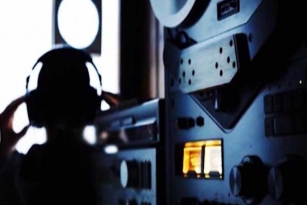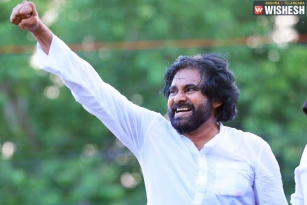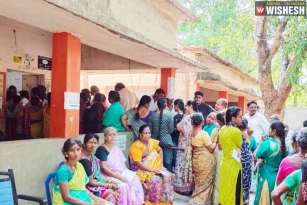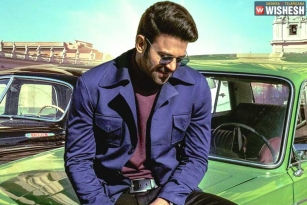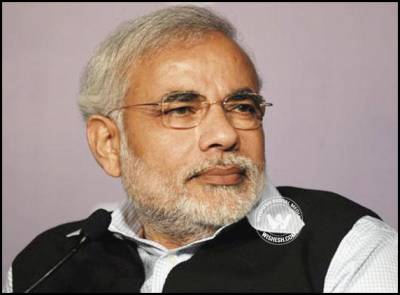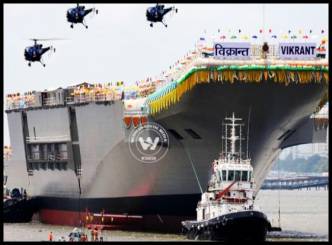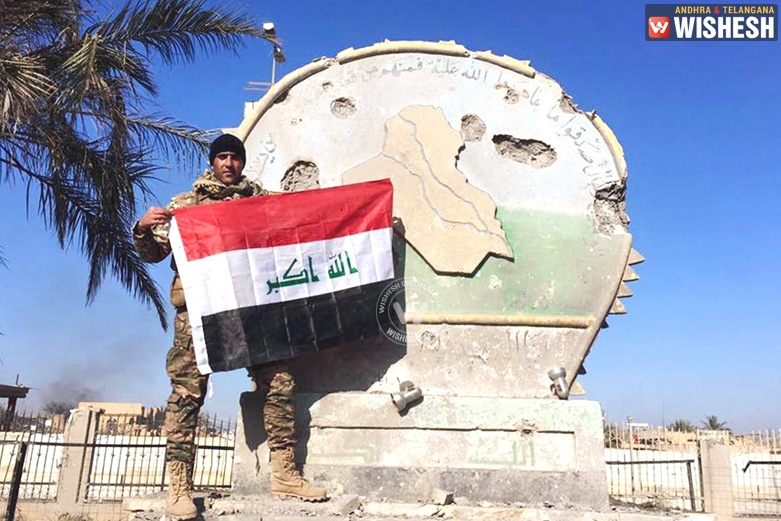
In Ramadi city, Iraq, the country’s military flew the Iraqi flag, above the main government complex in the city.
Brigadier General Yahya Rasool, the joint operations spokesmen said, “Yes, the city of Ramadi has been liberated. The Iraqi counter terrorism forces have raised the Iraqi flag over the government complex.”
In May, Victory in Ramadi, was seized by Islamic State fighters. It is considered as the most important triumph for Iraq's U.S. trained army, since it collapsed in the face of an assault by the hardline Sunni Muslim militants, 18 months ago.
A spokesman for Iraq’s counter terrorism forces, Sabah al-Numan said that, a precise planning and constant coordination with the U.S. led international coalition and local Sunni tribes, tipped the balance on the battlefield.
The Islamic State’s past defeats are relied on either Iran-backed Shiite militias or Iraqi Kurdish forces known as the Peshmerga.
Iraqi army spokesman Yahya Rasool opined that, the military had to depend on the powerful Shiite militias in the past, but there is no such need now.
After Ramadi, the next target of will be the northern city of Mosul, the Iraqi government said.
Washington had hoped that potentially decisive battle would take place in 2015, but it was pushed back after IS seized Ramadi.
Mosul is strategically vital for IS, which relies on the city for money by heavily taxing its residents and selling its oil supplies.
The government, led by a Shi'ite Prime Minister, Haider al-Abadi, has said Ramadi would be handed over to local police and a Sunni tribal force once it was secured, a measure aimed at winning over the community to resist Islamic State.
Such a strategy would echo the U.S. military's "surge" campaign of 2006-2007, which relied on recruiting and arming Sunni tribal fighter against a precursor of Islamic State. Anbar, including Ramadi, were major focuses of that campaign at the height of the 2003-2011 U.S. war in Iraq.
By Phani Ch


